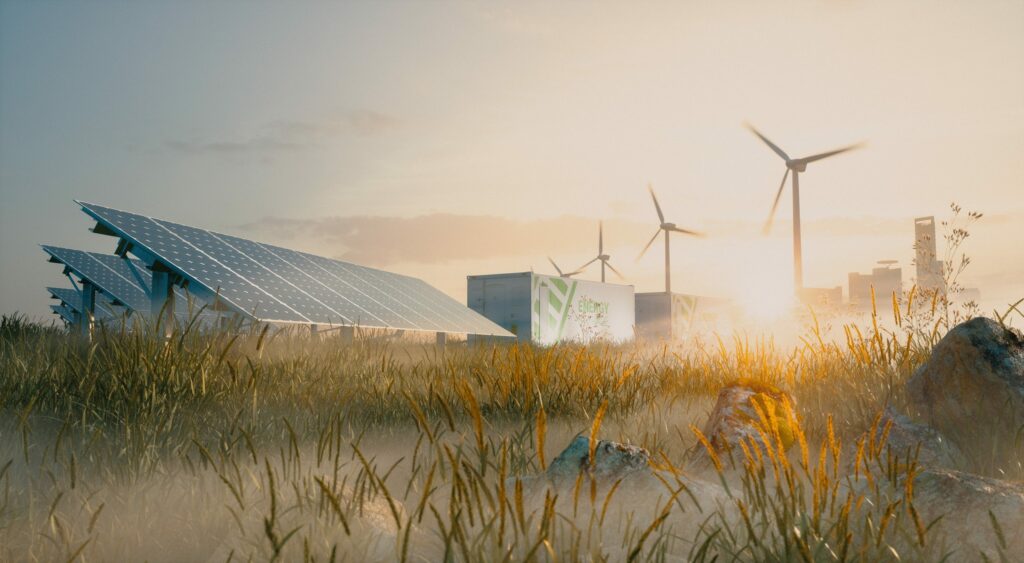Source: Hartmut Winkler, The Conversation, 18 February 2022, photo credit: 123RF/malp
South Africa’s electricity infrastructure has been degrading in the past decade, with both scheduled and unscheduled power outages on the increase. Despite slowed economic activity due to the COVID-19 pandemic, the country experienced 1130 hours of planned power cuts in 2021, the highest ever.
This not only leads to anger and frustration among the public, but also clearly handicaps businesses and their productivity. The alleviation of the electricity crisis is therefore a critical precondition for the country’s economic recovery. This is why observers have been watching the President Cyril Ramaphosa’s strategy and its implementation with much anticipation.
In the 2021 State of the Nation Address Ramaphosa listed “the rapid expansion of our energy generation capacity” as one of government’s five top priorities. This year he reiterated that this had not changed. This would clearly be a major deliverable on which his government’s success would be judged on.
In his 2022 State of the Nation Address he didn’t touch on an issue that would have raised confidence that his government is making progress on energy. He didn’t give any indications of plans to review the Integrated Resource Plan. The last Integrated Resource Plan was adopted in 2019. The plan, which guides power station development and associated timelines, should be reviewed every two years.
Read more
The South African Pork Producers’ Organisation (SAPPO) coordinates industry interventions and collaboratively manages risks in the value chain to enable the sustainability and profitability of pork producers in South Africa.







